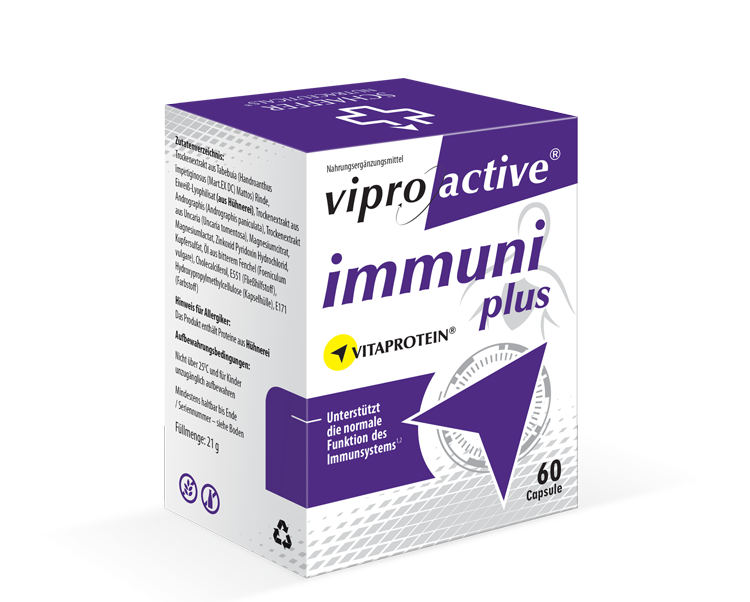Most of us have heard the phrase low immune system, but what does it mean, how is it measured, and what are its health implications?
The immune system is the combination of biological structures and processes that protect the body against disease. A low immune system is simply one that fails to function properly.
Because the immune system consists of many organs and processes, no single test can determine whether this first line of defence has been compromised, making a person more susceptible to disease.
Blood tests can provide important clues. When the immune system is under duress, it produces substances in blood called antibodies that rush to fight invaders. The presence of a lot of antibodies can signal a compromised immune system.
A low immune system carries a number of health implications — from having more colds and flu to being more vulnerable to infection and cancer. So it’s important that we do what we can to prevent the immune system from being weakened.
Immune-system diseases come in different categories. Three common types are allergies, immune deficiency disorders, and autoimmune diseases.
Allergies are immune-system-triggered inflammatory responses to substances in the environment known as allergens that are usually harmless. These include food, skin, and breathing allergies such as asthma. A person becomes allergic to a substance when the body develops antigens against it and, with repeated exposure, finally begins reacting to it.
An immune deficiency disease occurs when the immune system lacks one of its components and reacts too slowly to a threat. Causes include an illness or medicine that weakens a component, or a genetic disorder. A major danger with an immune deficiency disease is a serious infection.
Autoimmune diseases prompt your body to attack its own cells and tissue — with the trigger is often unknown. An alarming surge in autoimmune diseases has occurred since World War II, and scientists have yet to zero in on the reason. Well-known autoimmune diseases include rheumatoid arthritis, inflammatory bowel disease and Type 1 diabetes.
A healthy lifestyle is the best safeguard against a low immune system, doctors say. This includes the basics of eating well, exercising, getting enough sleep, and taking steps to reduce stress.
The right diet supplement can also help boost the immune system. A good choice is Schaeffer Nutraceuticals®’ Immuni Plus, which is based on Nobel Prize-winning nutrient-delivery discoveries. Its patented formulation gets nutrients to the cells that make up each of the immune system’s components quicker and more efficiently than other products. You will sleep better knowing you are doing all you can to keep your body’s first line of defence in top shape.
